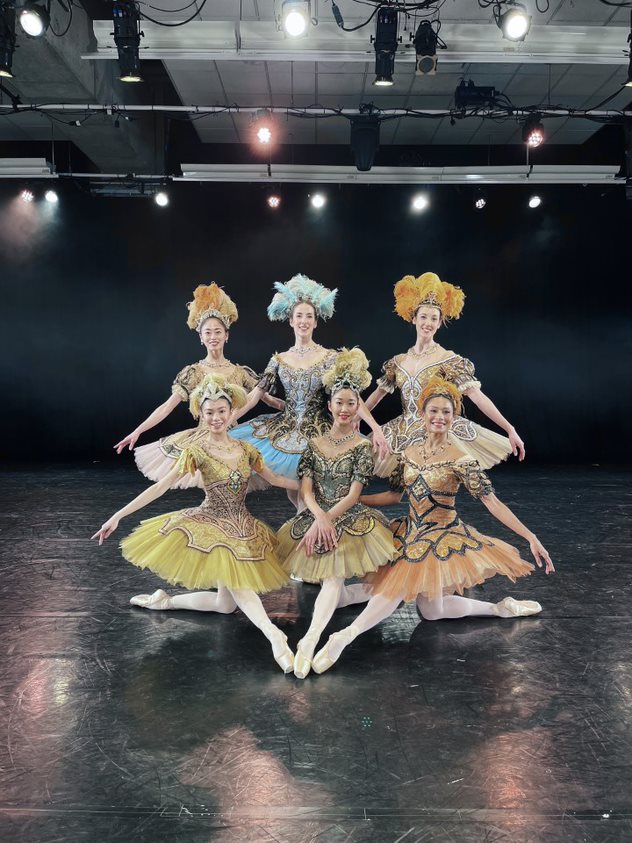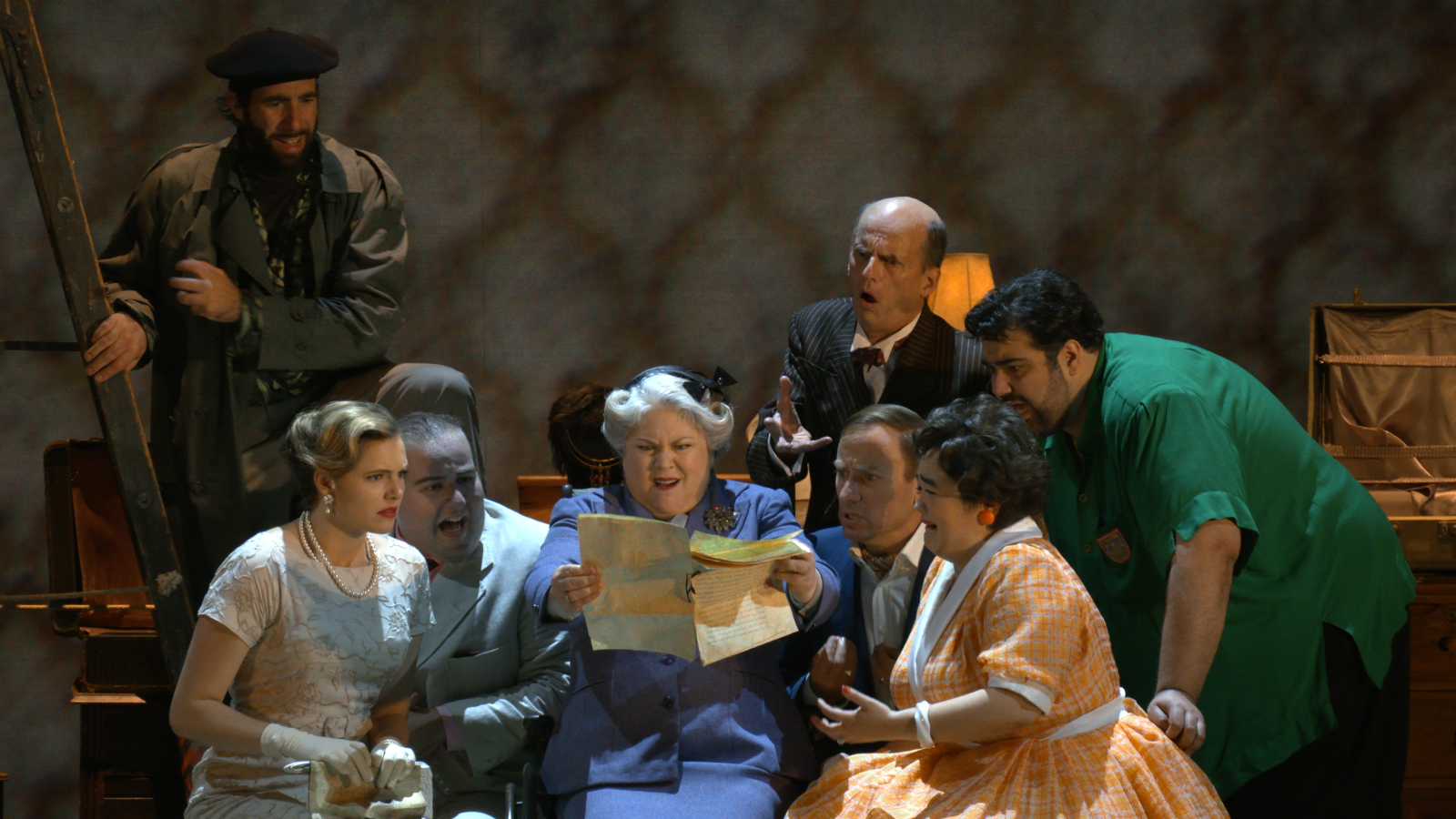With support from the Azrieli Foundation and other funders, the companies were able to intensify their Digital Stage collaboration, investing in a range of new technologies. These include state-of-the-art 4K robotic cameras and 100+ terabyte computer servers so they could experiment with streaming world-class content around the globe. And they aren’t keeping these innovations to themselves. Rather, they are sharing their learning with smaller arts organizations that are confronting a similar need to adapt.
“What started with a lot of aspirational thinking suddenly became mission critical,” says Alex Hocevar, a digital business transformation consultant who was contracted by the Canadian Opera Company to helm the project and ensure that the technology acquired was future-proof. “There’s almost no impact on the in-house experience, and people who might not be able to go to the opera or ballet can now enjoy these performances.”
To Barry Hughson, Executive Director of The National Ballet, finding new ways to make art during — and after — the pandemic is also part of a societal healing process. He recalls watching a free online creative movement class that ballet dancers did for frontline workers, which would not have been possible without the Digital Stage partnership.
“These people were saving lives,” he says about women and men who were drained and exhausted and in desperate need of restoration, “and we were giving them a short break and the opportunity to get in touch with their bodies and creativity. That’s the power of the arts.”



